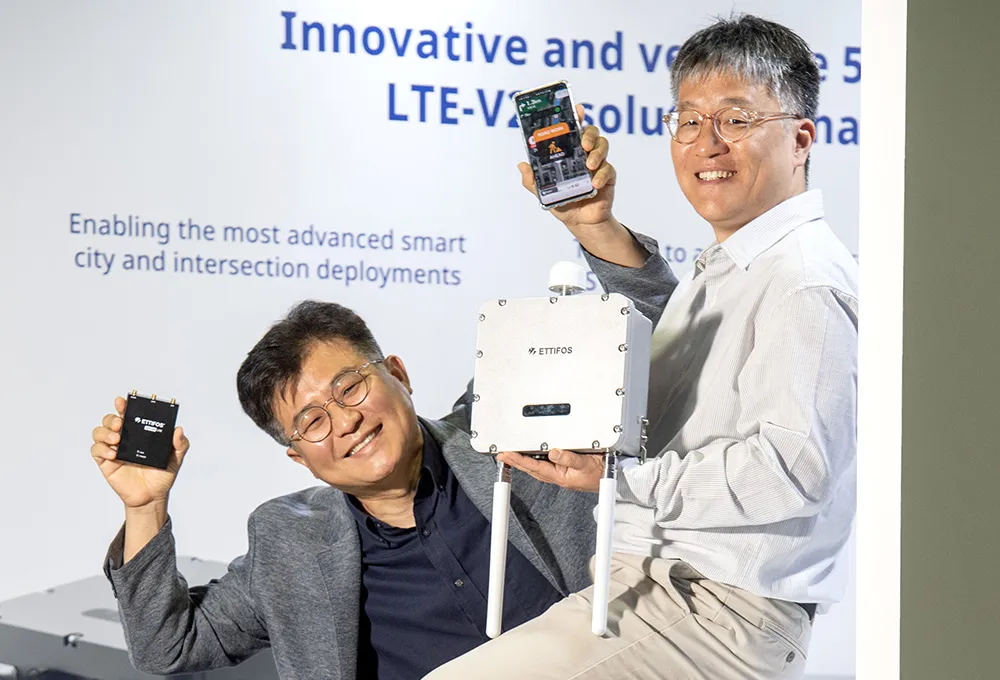ABI Research’s latest report, Smart Transportation Market Research, covers ITS data, physical roadside transportation infrastructure virtualisation technologies and a systems approach to transportation management, as well as relevant connectivity, analytics, cloud platform, security and identity technologies.
Traditional smart transportation approaches to address traffic congestion, safety, pollution, and other urbanisation challenges are expected to hit scalability and efficiency obstacles by the end of
January 6, 2015
Read time: 2 mins
Traditional smart transportation approaches to address traffic congestion, safety, pollution, and other urbanisation challenges are expected to hit scalability and efficiency obstacles by the end of this decade. Traveller information systems such as variable message signs, intelligent traffic lights, camera-enforced urban tolling and traffic monitoring centres will ultimately prove ineffective and prohibitively expensive, threatening to stall economic growth, especially in developing regions. According to ABI Research, global yearly spend on traffic management systems alone will exceed US$10 billion by 2020.
“What will really be required is a step change towards virtualising smart transportation solutions via in-vehicle technology, and cloud-based control systems whereby information is sent directly to and from the car, bypassing physical roadside infrastructure all together. Low latency, peer-to-peer, and meshed-network type connectivity based on DSRC-enabled V2V, 4G, and, in the next decade, 5G, will be critical enablers of this transformation,” comments VP and practice director Dominique Bonte.
ITS virtualisation will heavily rely on big data with car OEMs such as
However, a closed-loop systems approach will ultimately become the key paradigm, allowing Artificial Intelligence-powered self-steering and learning demand-response solutions influencing traffic levels through dynamic speed limits and variable road use and toll charges. Autonomous vehicles, in an ironic twist, will be managed collectively and controlled centrally, remotely and dynamically adjusting routing and other parameters.








